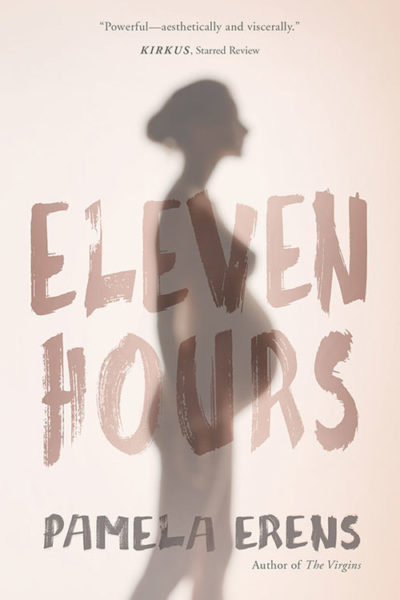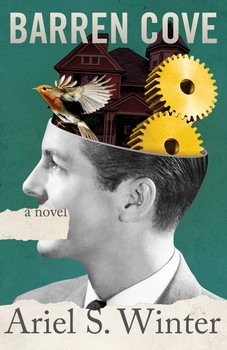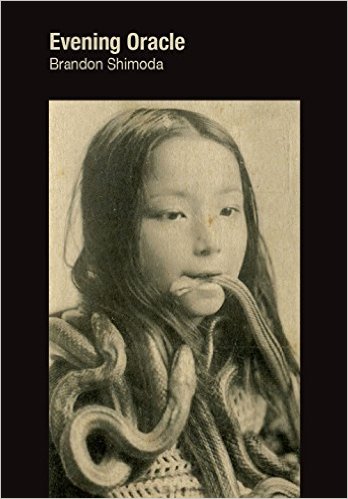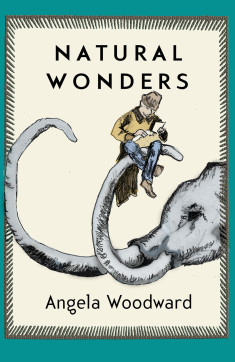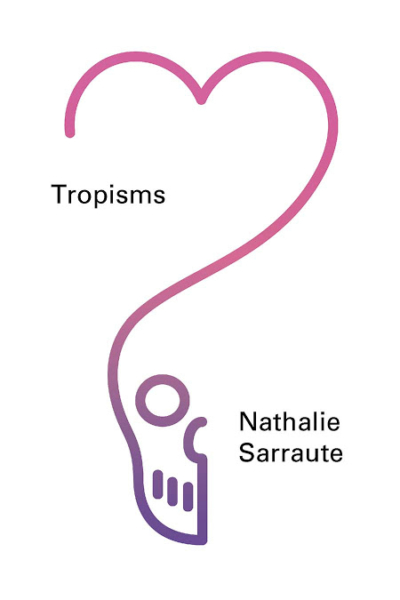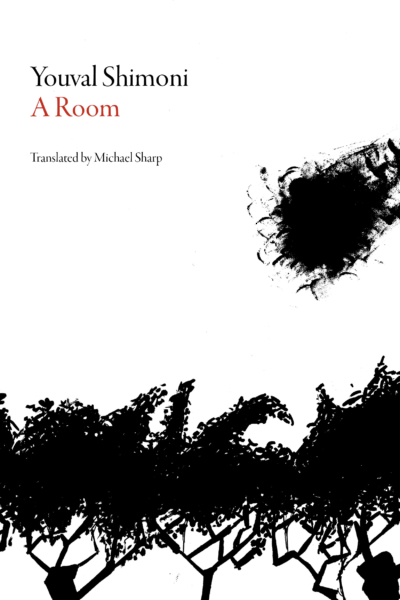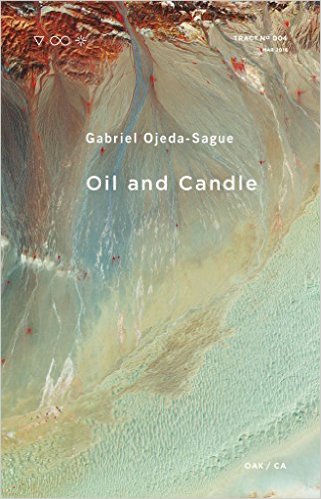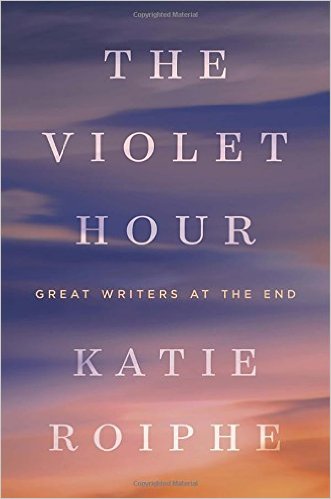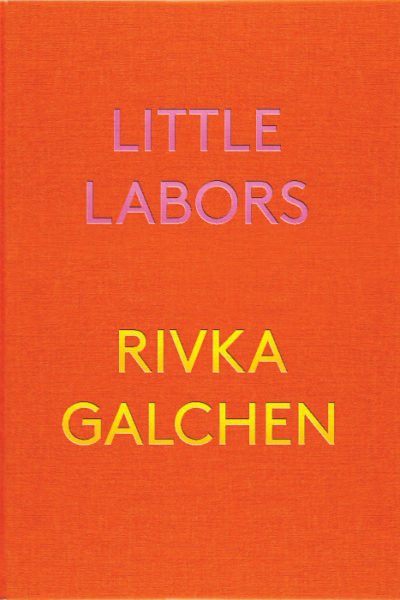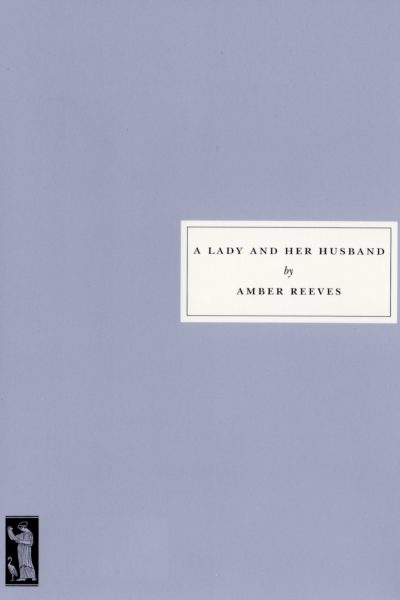Pamela Erens gracefully brings the isolating effects of childbirth to the forefront of the pregnancy narrative. With Eleven Hours, Erens reminds us of the normalcy of choosing and indulging in solitude.
Their ability to learn at “super-human” speed may be interesting and terrifying, but ultimately, their artifice isn’t what draws us to these stories. Instead, it’s the attempt of these robots to make sense of and perform human emotion in the same ways we do that’s so uncanny and engrossing.
Evening Oracle – Brandon Shimoda
One of the most beautiful things about EVENING ORACLE — which is, I think, a beautiful book, elegantly wandering but not lost — is that its goal is not comprehension so much as communication.
Natural Wonders – Angela Woodward
This novel could without serious distortion be called a love story, albeit more about the natural wonder of its absence than its presence.
Seventy-seven years later, Sarraute’s writing continues to unnerve and interrogate our readerly expectations.
As with all great works of literature, it is difficult to believe that so much can be contained by so relatively small a vessel. It is yet another reminder that while we live and breathe and read in a world bound by the laws of space and time, what lies within a book’s pages suffers limits of a different strain.
Oil and Candle – Gabriel Ojeda-Sague
Gabriel Ojeda-Sague describes and deploys ritual forms in order to undo the obscuring magic of privilege.
The Violet Hour – Katie Roiphe
The dust jacket promises to “help us look boldly in the face of death” but, after being given a tableaux even less diverse than Mad Men, how could it?
What is the equivalent, to a sixteen year-old American girl, of the irritating gentleman caller in the tall, lacquered hat?
A Lady and Her Husband – Amber Reeves
A LADY AND HER HUSBAND delves into generational differences, showing the ways that progressive movements depend on intergenerational communication.


